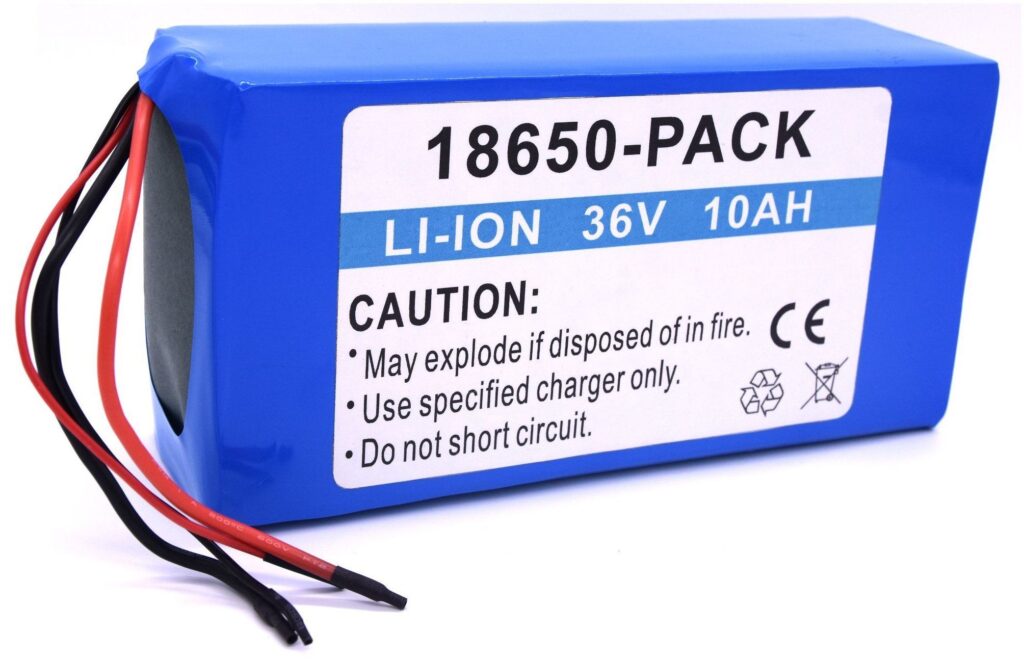General
Currently, the PGS 37-2 is not yet in force.
A circular and two manuals are available how to store lithium batteries.
The given course currently covers the PGS 37-2 in addition to the circular and manuals, which may come into force in early 2024.
Lithium batteries are stored in a great many warehouses.
This entails a risk for the people working in those warehouses.
It is therefore a necessity for those people who regularly work or handle lithium batteries to receive expert training.
This is not optional, but a legal obligation.
The obligation is laid down in the PGS 37-2
Target Group
Personnel assigned to receive and store Lithium batteries, Lithium batteries in devices and Lithium batteries with devices (spare batteries).

Objective
Make personnel who perform actions as mentioned under the target group aware of the danger aspects associated with these actions. Provide them with knowledge and insight into the regulations concerning hazardous substances. Use personal protective equipment correctly during activities. To be able to perform practical actions in order to fight calamities (like fire). In addition to factual knowledge, the aim is to develop an environmental and safety awareness in the student.
Pre-qualification.
No specific previous training is required.
Details
The target group will come into contact with lithium cells and batteries in storage in various ways when carrying out their regular work. The training has been specially designed for the storage of lithium batteries.
He/she should be able to receive the Lithium batteries from the transporter and store the Lithium batteries according to the rules.
In the event of an emergency, he/she should be able to take appropriate action and report the incident.
He/she may be charged with handling the unit's hazardous waste. It can also be his/her task to prepare the Lithium batteries for transport or to distribute them to other users. Members of the target group may be employed by storage and transshipment companies, shipping companies and logistics centres. At the end of the course a certificate will be issued.

Course Content:
- Legal framework for dangerous substances
- Lithium batteries and terms
- Coding and Classification of Lithium Batteries
- Transport of dangerous goods in exempted quantities
- Packaging and labeling according to current regulations
- Measures in case of fire
Course duration
- Classical, 6 day sessions
- Webinar, 6 day session
- Blended, 3 day sessions
- Internet, at your own discretion
- Repetition, depending on method chosen
Location and time
The course is preferably held at participating companies. If necessary, we will hire a location if there is sufficient participation, taking into account the place of residence of the participants. The courses are held in consultation with the company. It is possible to hold the course in the evening hours and/or on Saturdays.
